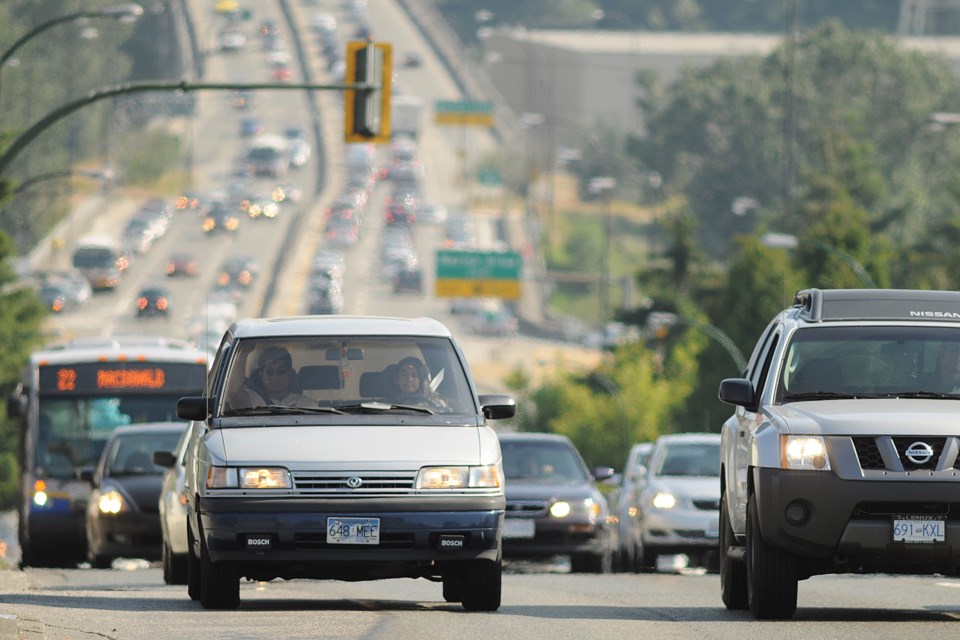The debate over how to control the planet’s carbon emissions has become so central to today’s news cycle that it will be my “story of the year” for 2019. It also has me asking whether government is on the wrong track when it comes to pricing carbon, which I’ll come to in a moment.
First, let’s consider some of 2019’s news headlines.
This week, the COP25 conference in Madrid ended in a stalemate that frustrated climate activists. COP stands for “conference of the parties” under the United Nations Framework Convention on Climate Change (UNFCCC). 196 countries are represented and more than 26,000 participants registered to participate at the conference, including Canadian and B.C. government representatives.
Time Magazine’s Person of the Year is climate activist and face of the so-called Extinction Rebellion movement Greta Thunberg.
Alberta’s Kenney government is in court over its dispute with Ottawa over the implementation of a national carbon tax.
Six B.C. municipalities including Vancouver, Victoria, Squamish and Richmond are intervening to the Supreme Court case to support the fed’s proposed carbon tax.
The cost of gasoline and the role of B.C.’s carbon tax was hotly debated as fuel prices in Metro Vancouver broke records in the spring. The provincial government responded with legislation to force “transparency” in fuel pricing.
Construction on the much-delayed Trans Mountain Pipeline Expansion Project finally got underway, and four Indigenous groups are back in court to fight the federal approval of that pipeline.
The prospect of a national carbon tax failed to ignite enough antipathy toward it during the federal election to vote the Liberals out of government. One analyst even said the carbon tax was the election’s “big winner.”
Not so fast, says Greg Lyle during a recent presentation in Vancouver. Lyle is owner of the reputed national polling firm Innovative Research. He revealed that broad-based support for the tax has steadily declined since last year, according to a survey of 1,500 Canadians, from 46 per cent in 2018 down to 38 per cent today.
Forty-five per cent of those polled view carbon pricing as “just another tax grab that does nothing for the environment.” Hardly a ringing endorsement of what has become a sacrosanct public policy.
British Columbia has had its carbon tax — the only one in the country — since 2008, though in 2018 the NDP government ended the policy of making the tax “revenue neutral.” B.C.’s economy has outperformed other provinces during the past decade, as the tax’s supporters like to point out.
Despite the chorus of international praise B.C. has received for implementing carbon pricing, critics such as energy industry advisor Aldyen Donnelly recently joined me on my Vancouver Overcast podcast to dispute the tax’s effectiveness, while calling for an alternative approach.
Like some early critics, Donnelly considers carbon pricing to be a regressive tax. She points out that it disproportionately impacts people on low incomes. Studies show that wealthy people will only cause on average twice the amount of carbon emissions than a poor person, while they have 12 to 18 times the disposable income.
She notes that countries such as Denmark and Sweden, where carbon pricing has been in place much longer, has driven up the cost of home heating to the point where approximately one-fifth of discretionary spending is used just to keep warm.
Donnelly dismisses events like COP25 as the “cocktail circuit” of the environmental movement. Instead of flying over 20,000 people to meet, she says, focus on the biggest carbon emitters.
She says there is data to prove that just 50 companies worldwide produce 50 per cent of all carbon emissions. Over half of these companies are state-owned. “Lock 50 CEOs in a room and don’t let them out until they come up with a plan to reduce greenhouse gases,” she proposes.
Donnelly uses the example of the two approaches used to remove lead out of gasoline beginning in the mid-1980s. In North America, oil companies were regulated, while in Europe they chose to tax leaded fuels out of existence.
North America beat Europe at removing poisonous lead by a decade.
Donnelly firmly believes that there is a pathway toward reducing carbon emissions through regulations, just as how lead was removed. Perhaps an idea like this will take hold in the decade just around the corner.
mike@mikeklassen.net



